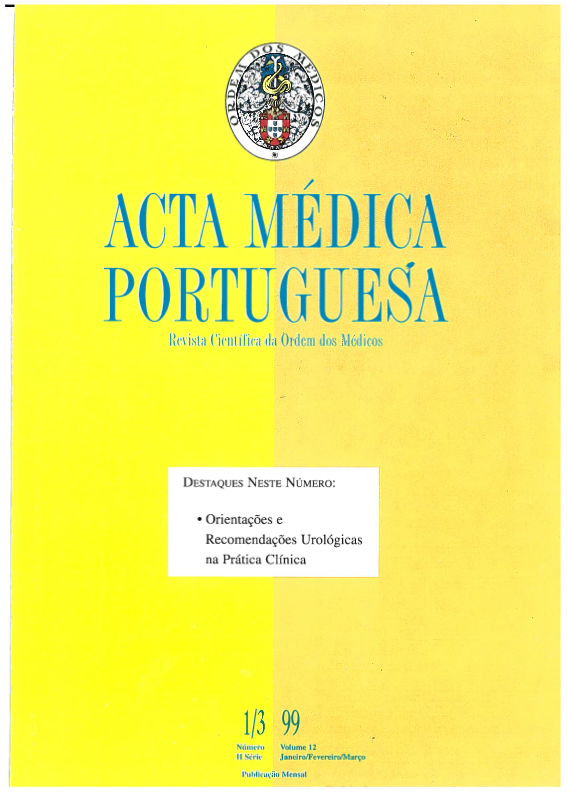Urinary infection in the adult.
DOI:
https://doi.org/10.20344/amp.2125Abstract
Infections of the urinary tract are common--only respiratory infections occur more often. Urinary tract infections (UTI) are a serious health problem producing significant morbidity in a vast number of people each year and mostly affecting the quality of life of young women. Accurate diagnosis and treatment results in successful resolution of most urinary tract infections. To achieve that objective, we present clinical guidelines focussing on specific categories of adult urinary tract infection based on host factors and clinical findings. Categorization of urinary tract infections allows more efficient use of laboratory testing in the workup of UTI and the most appropriate selection of treatment for UTI. Shorter course therapy and prophylactic antimicrobials have reduced the morbidity and cost associated to recurrent cystitis in women. New antimicrobial agents that achieve high urinary levels, administered orally and that are not nephrotoxic, have improved the ability to treat severe infections, reducing the need for hospitalization. Early identification of patients with complicated infections for urological referral remains compulsory.Downloads
Downloads
How to Cite
Issue
Section
License
All the articles published in the AMP are open access and comply with the requirements of funding agencies or academic institutions. The AMP is governed by the terms of the Creative Commons ‘Attribution – Non-Commercial Use - (CC-BY-NC)’ license, regarding the use by third parties.
It is the author’s responsibility to obtain approval for the reproduction of figures, tables, etc. from other publications.
Upon acceptance of an article for publication, the authors will be asked to complete the ICMJE “Copyright Liability and Copyright Sharing Statement “(http://www.actamedicaportuguesa.com/info/AMP-NormasPublicacao.pdf) and the “Declaration of Potential Conflicts of Interest” (http:// www.icmje.org/conflicts-of-interest). An e-mail will be sent to the corresponding author to acknowledge receipt of the manuscript.
After publication, the authors are authorised to make their articles available in repositories of their institutions of origin, as long as they always mention where they were published and according to the Creative Commons license.









